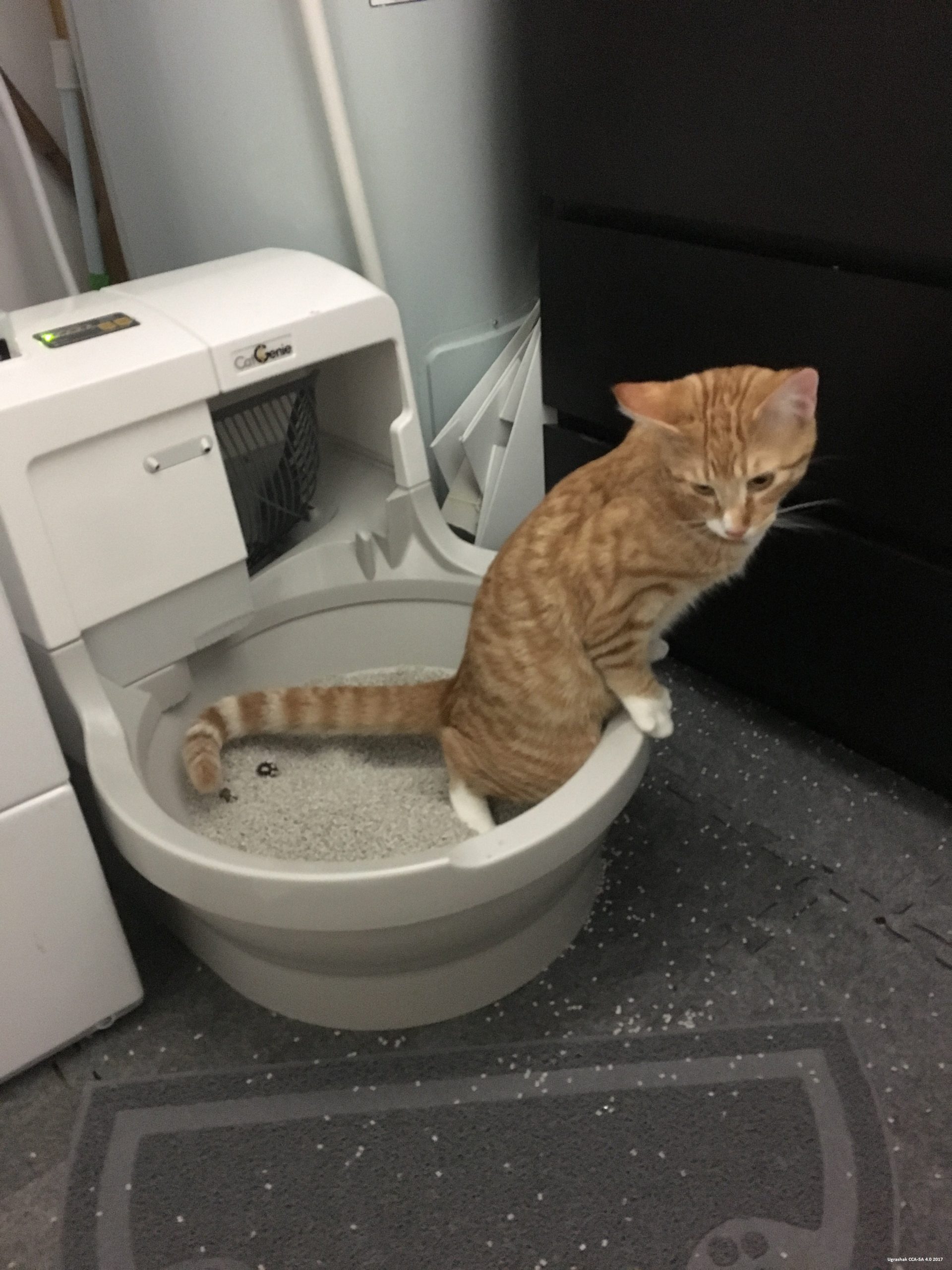Constipation in cats is a common yet often overlooked health issue that can significantly affect your feline's quality of life. Just like humans, cats can experience digestive problems, and constipation is one of the most prevalent among them. When a cat struggles to pass stool, it may lead to discomfort, pain, and even more severe health complications if left untreated. It is essential for cat owners to be aware of the signs of constipation and understand how to address this issue effectively.
Cats can be notoriously secretive about their bathroom habits, making it challenging for owners to recognize when their feline friend is constipated. This condition can arise from various factors, including dietary issues, dehydration, and even stress. As responsible pet owners, it is crucial to monitor our cats' litter box habits and general behavior to identify any changes that may indicate constipation.
In this article, we will explore the causes, symptoms, and treatment options for constipation in cats. We'll also answer some common questions that cat owners may have about this condition, helping you ensure your furry companion remains healthy and happy. If you suspect your cat is experiencing constipation, read on to discover valuable insights and tips for managing this common issue.
What Causes Constipation in Cats?
Understanding the causes of constipation in cats is vital for prevention and treatment. Here are some common factors that contribute to this condition:
- Dehydration: Insufficient water intake can lead to hard stools.
- Poor diet: Low-fiber diets can cause digestive issues.
- Lack of exercise: Sedentary lifestyles may slow down bowel movements.
- Medical conditions: Certain health issues, such as kidney disease or thyroid problems, can affect bowel function.
How Can I Tell If My Cat Is Constipated?
Recognizing the signs of constipation in cats is essential for early intervention. Common symptoms may include:
- Straining to defecate
- Reduced frequency of bowel movements
- Hard or dry stools
- Loss of appetite
- Lethargy
- Vomiting
When Should I Consult a Veterinarian About My Constipated Cat?
If you notice any of the symptoms mentioned above or if your cat has not had a bowel movement in 24-48 hours, it is advisable to consult a veterinarian. Ignoring constipation can lead to more severe health issues, such as megacolon, which may require surgical intervention.
What Are the Treatment Options for Constipation in Cats?
Treating constipation in cats typically involves a combination of dietary changes, increased water intake, and, in some cases, medication. Here are some common treatment options:
- Dietary adjustments: Incorporating high-fiber foods can aid digestion.
- Hydration: Ensure your cat has access to fresh water at all times.
- Exercise: Encourage your cat to play and be active to promote bowel movement.
- Laxatives: Your vet may prescribe a safe laxative to help your cat pass stool.
Can Constipation Be Prevented in Cats?
Prevention is always better than cure. Here are some tips to help prevent constipation in your cat:
- Feed a balanced diet with adequate fiber.
- Encourage hydration by providing fresh water and wet food.
- Maintain a regular exercise routine.
- Regular veterinary check-ups to monitor your cat's health.
Are There Home Remedies for Constipation in Cats?
While it's essential to consult with a veterinarian, some home remedies may help alleviate mild cases of constipation:
- Pumpkin puree: A small amount can help add fiber to your cat's diet.
- Olive oil: A few drops can lubricate the digestive tract.
- Cat grass: Provides a natural source of fiber.
Will My Constipated Cat Need Surgery?
In most cases, constipation can be managed with dietary changes and medications. However, if your cat develops megacolon or if conservative treatments are ineffective, surgery may be necessary. This is generally a last resort, and your veterinarian will discuss all options with you.
What Is the Role of a Veterinarian in Managing Constipation in Cats?
Your veterinarian plays a crucial role in diagnosing and treating constipation in cats. They will perform a thorough examination, recommend appropriate diagnostic tests, and create a tailored treatment plan based on your cat's specific needs.
Conclusion: Keeping Your Cat Healthy and Happy
Constipation in cats is a manageable condition if addressed promptly. By understanding the causes, recognizing the symptoms, and implementing preventive measures, you can help ensure your feline friend remains healthy and comfortable. Always consult with your veterinarian if you have concerns about your cat's health, as they can provide valuable guidance and support.

:strip_icc()/constipation-in-kittens-4165150-0f1758be3ad94042a3a67dbf423ebe95.jpg)


